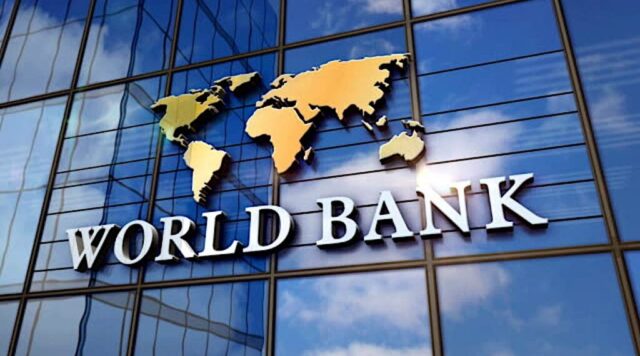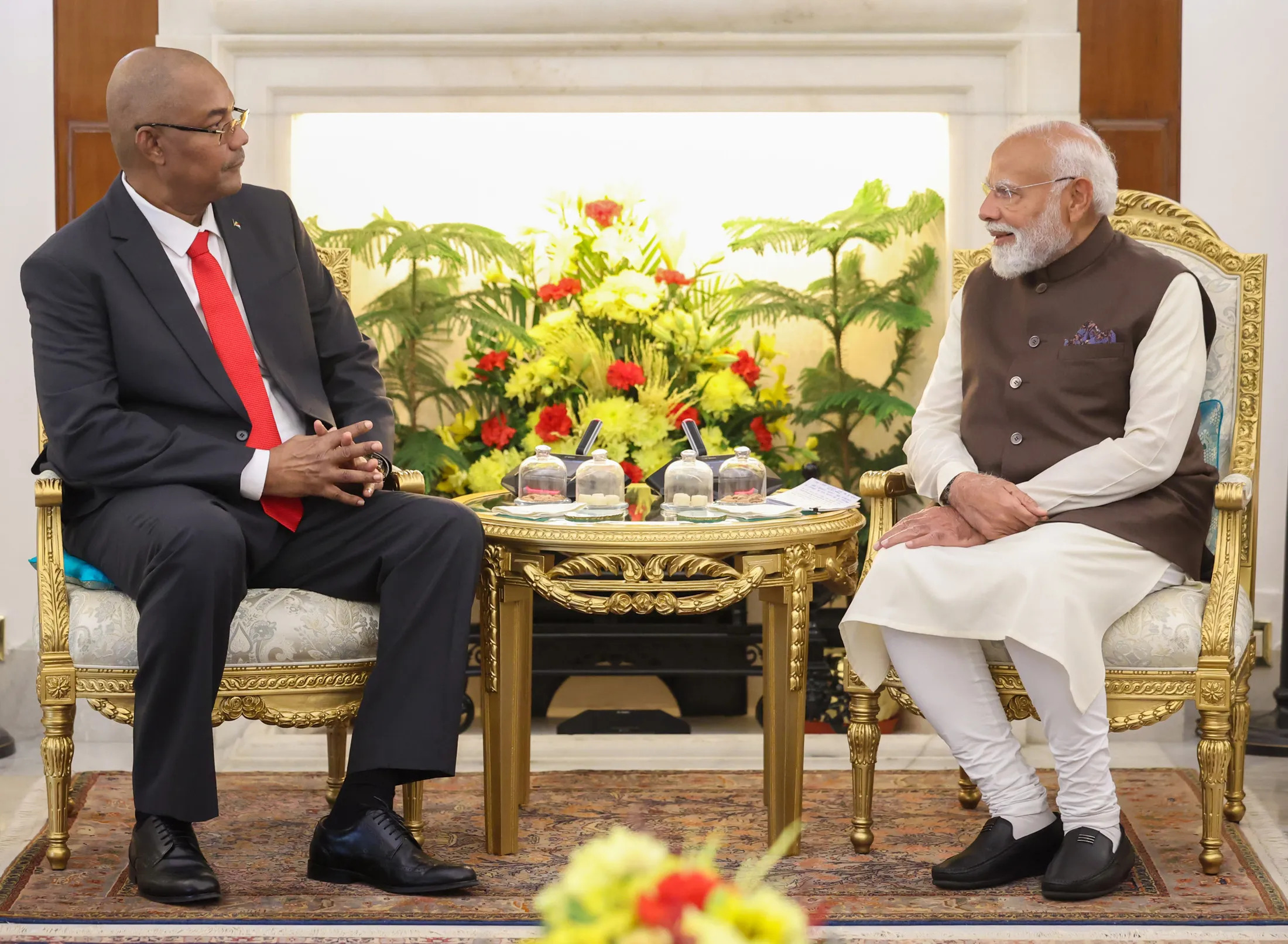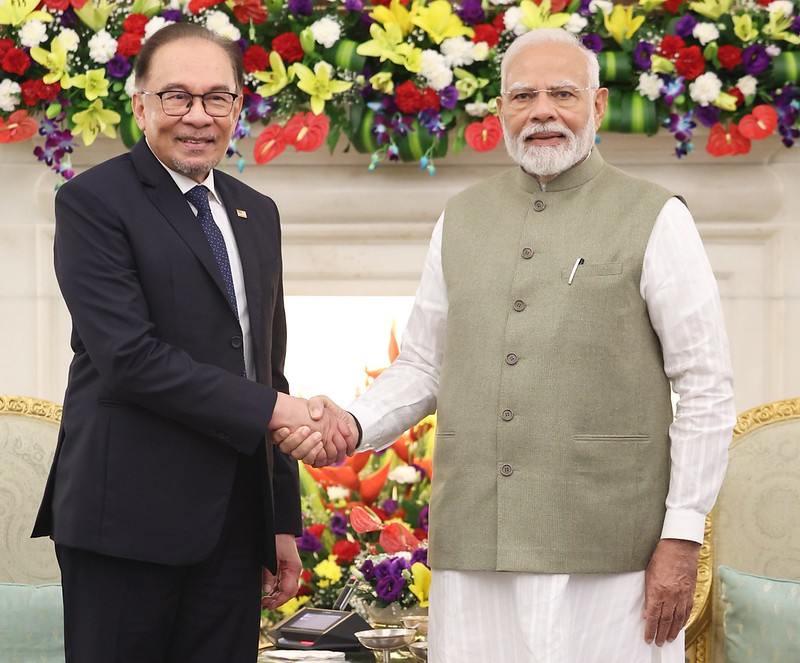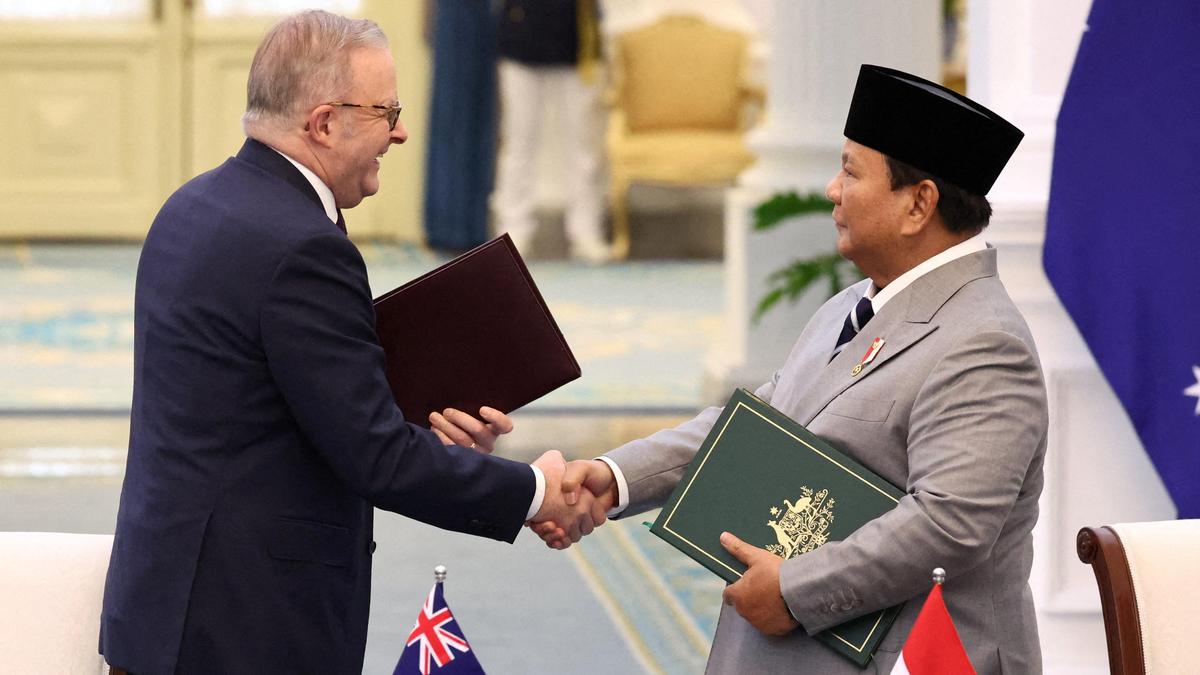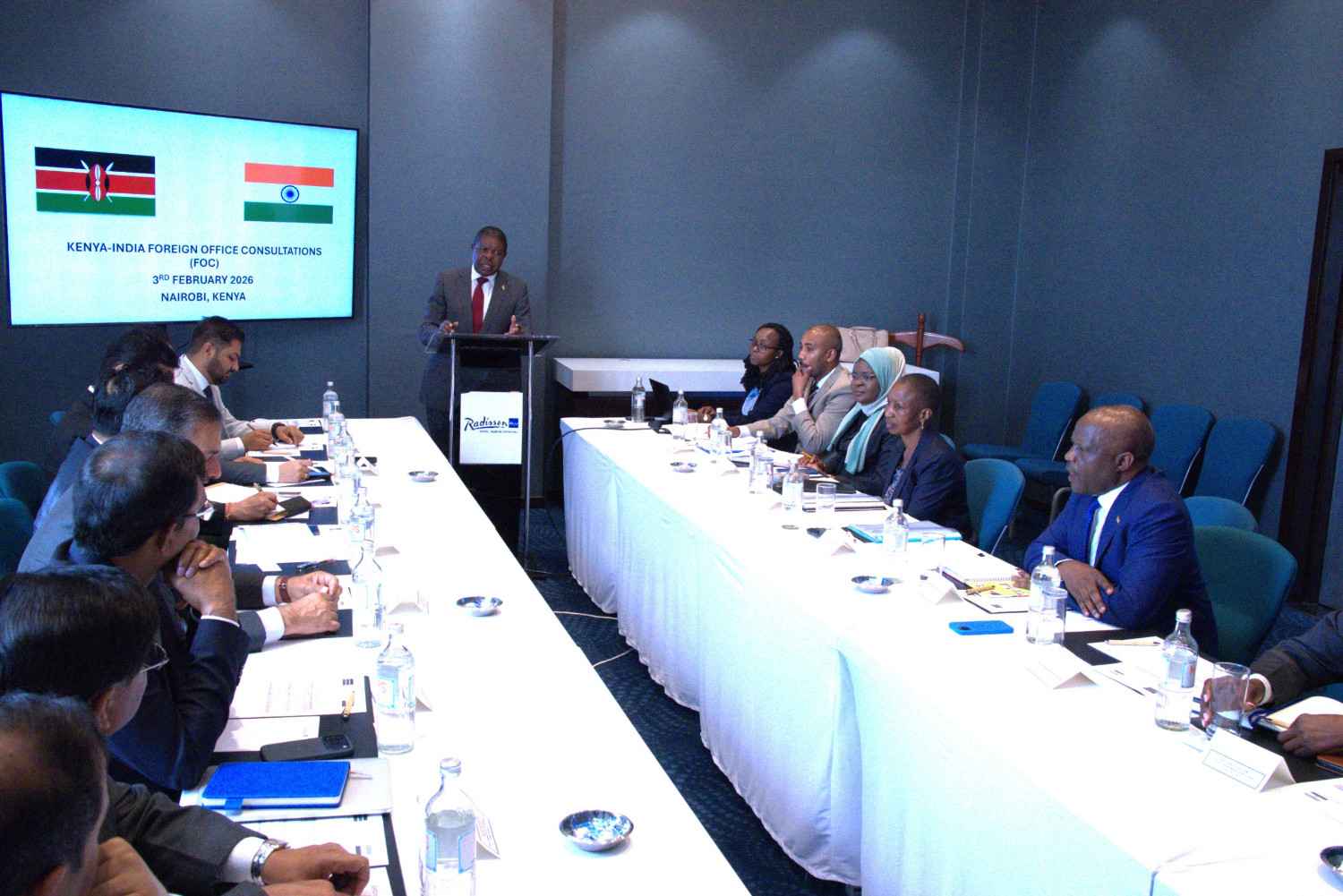In a significant move to strengthen education in Sri Lanka, the World Bank has approved an additional $50 million in financing under its ongoing General Education Modernisation Project. The new funding is expected to directly benefit approximately 500,000 students and 150,000 teachers nationwide, with a particular focus on under-resourced schools and vulnerable communities. The additional support aims to sustain the momentum of critical reforms in the education sector, with investment directed towards improving the quality of teaching, enhancing school infrastructure, and promoting student well-being. Special attention will be given to schools serving plantation communities, rural regions, and children with special needs.
David Sislen, the World Bank’s Divisional Director for the Maldives, Nepal, and Sri Lanka, emphasised the significance of the initiative: “This support is about making sure every child in Sri Lanka has the chance to learn in a safe, inclusive environment and that every teacher has the tools they need to help their students thrive.”
Elevating Teaching Standards and Student Welfare
A core element of the new funding will be the modernisation of teacher education, both at the pre-service level and through continued professional development. This includes a strong emphasis on digital learning tools and methodologies, which are increasingly vital in modern classrooms. In tandem, the funding will expand the existing School Health and Nutrition Programme, which provides students with improved access to clean water and sanitation facilities. The programme also promotes menstrual hygiene, reproductive health education, and mental health support, aiming to foster a healthier and more supportive learning environment for all pupils.
Harsha Aturupane, Lead Economist and Task Team Leader at the World Bank, noted: “The additional funds will be utilised to benefit children in rural and estate areas, with special emphasis on female students.”
Nationwide Impact
The education project will be implemented jointly by the Ministry of Education and Provincial Education Authorities, ensuring that schools across all nine provinces, regardless of grade level, are able to participate and benefit. Since its inception in 2018, the General Education Modernisation Project has made measurable strides in transforming Sri Lanka’s education system. Its wide-ranging initiatives have contributed to improved learning outcomes in English and mathematics, the expansion of digital learning resources, and the introduction of more equitable policies for school governance and management. The programme has so far impacted all 10,000 government schools in the country. With this new injection of funding, the World Bank reaffirms its commitment to supporting Sri Lanka in building a resilient and inclusive education system that can meet the challenges of the future and ensure that no student is left behind.

